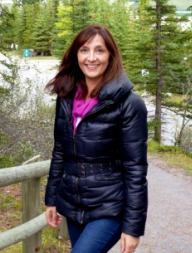
EFL setting: Findings from research and challenges ahead
The early learning of English in school settings has grown tremendously in the past twenty years, with estimated figures of half a billion primary-aged children around the world (Ellis & Knagg, 2013; Enever, 2018). Considering this trend it seems striking that the research lens has only recently been placed on young learners (Enever & Lindgren, 2018; García Mayo, 2017; Murphy & Evangelou, 2016; Pinter, 2011), as child second language acquisition (SLA) differs significantly from adult SLA and deserves to be studied in its own right (Oliver & Azkarai, 2017). In the last decade, task-based language teaching (TBLT) research has expanded substantially in foreign language contexts, but most research studies have been carried out with adults in university settings. There is a clear lack of research-based evidence of what children actually do while performing tasks in this setting and about their learning process. This evidence is crucial in order to make decisions about appropriate educational provision, to inform policy makers and to maximize children’s learning opportunities (García Mayo, 2017).
In this talk I will focus on current research with Spanish English as a foreign language (EFL) children (age range 8-12) while they perform several collaborative tasks (oral and oral + written) in both mainstream and Content and Language integrated learning (CLIL) contexts. I will show how children are able to negotiate for meaning with age- and proficiency-matched peers and to focus on formal aspects of the language without the teacher’s intervention. Issues related to the impact of task modality on language-related episodes and of task repetition on collaborative patterns and L1 use will also be considered, together with the importance of agency in pair formation and children’s motivation. I will conclude by highlighting both ethical and methodological challenges in this type of research and by pointing to interesting topics on the future research agenda.



